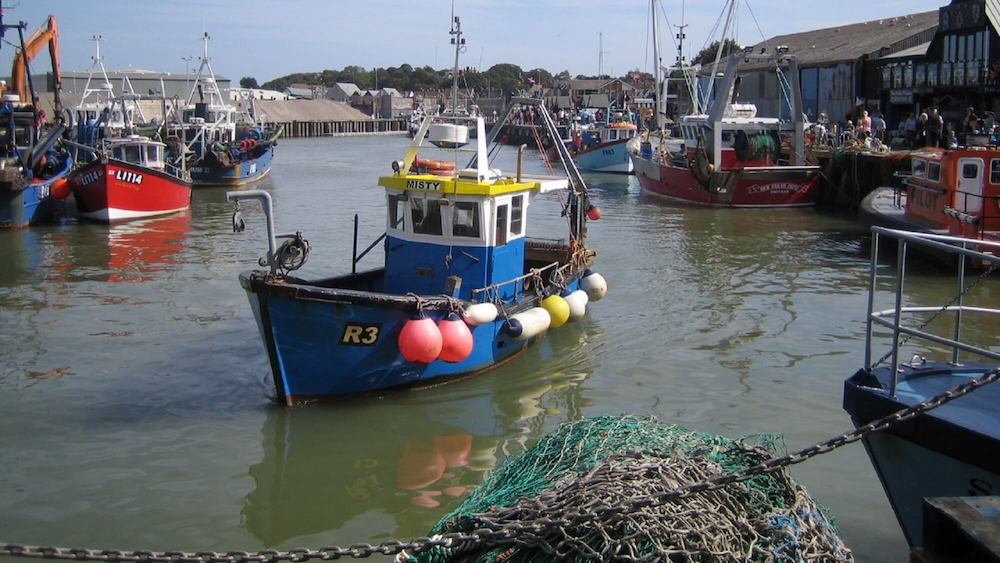Sussex just became the first UK council to ban fishing to mitigate climate change. The ban followed the successful Help Our Kelp campaign—backed by natural historian and environmentalist Sir David Attenborough.
The Sussex Inshore Fisheries and Conservation Authority has passed a bylaw that completely prohibits trawling. The Sussex fishing ban—the first of its kind—will preserve a 304 km2 section of the Sussex coast from fishing.
Campaigners say that the ban will give the Sussex kelp forests time to regenerate. When healthy, underwater forests are able to absorb large amounts of carbon. Healthy kelp forests can meaningfully mitigate some of the impacts of climate change.
However, the Sussex kelp forest has been severely damaged in recent years by modern fishing practices. Trawling and other varieties of unselective fishing cause overfishing, damage to the seafloor, and tear out kelp. Storm damage and dredging boats have also diminished the size of the kelp forest.
This rewilding project—and the Sussex fishing ban—aim to promote regrowth in the area. Both for the health of the Sussex coast and the environment in general.

Kelp and Climate Change
Speaking to The Telegraph last year, Attenborough said: “The loss of the Sussex kelp forests over the past 40 years is a tragedy.”
“We’ve lost critical habitat that is key for nursery grounds, for water quality and for storing carbon,” he explained. “This marine rewilding project, if approved, will ensure the Sussex seas remain healthy for generations to come, and could have far-reaching impact for other parts of the UK coast.”
Attenborough has long been an advocate for marine life, often highlighting the impact of overfishing and deforestation on climate change. Sarah Ward, the Living Seas Officer at Sussex Wildlife Trust, also spoke to The Telegraph about the importance of the Sussex fishing ban.
“Kelp forests can absorb and lock up carbon just as effectively as woodland, if not more so, and we’re able to create this habitat on a scale that simply couldn’t be replicated on land,” she explained. “This will be a huge step forward in addressing the escalating climate crisis.”
An increasing body of research is highlighting the value of kelp in the ongoing climate crisis. And seaweed is also increasingly popular as a sustainable ingredient—in everything from edible packaging to vegan seafood.



